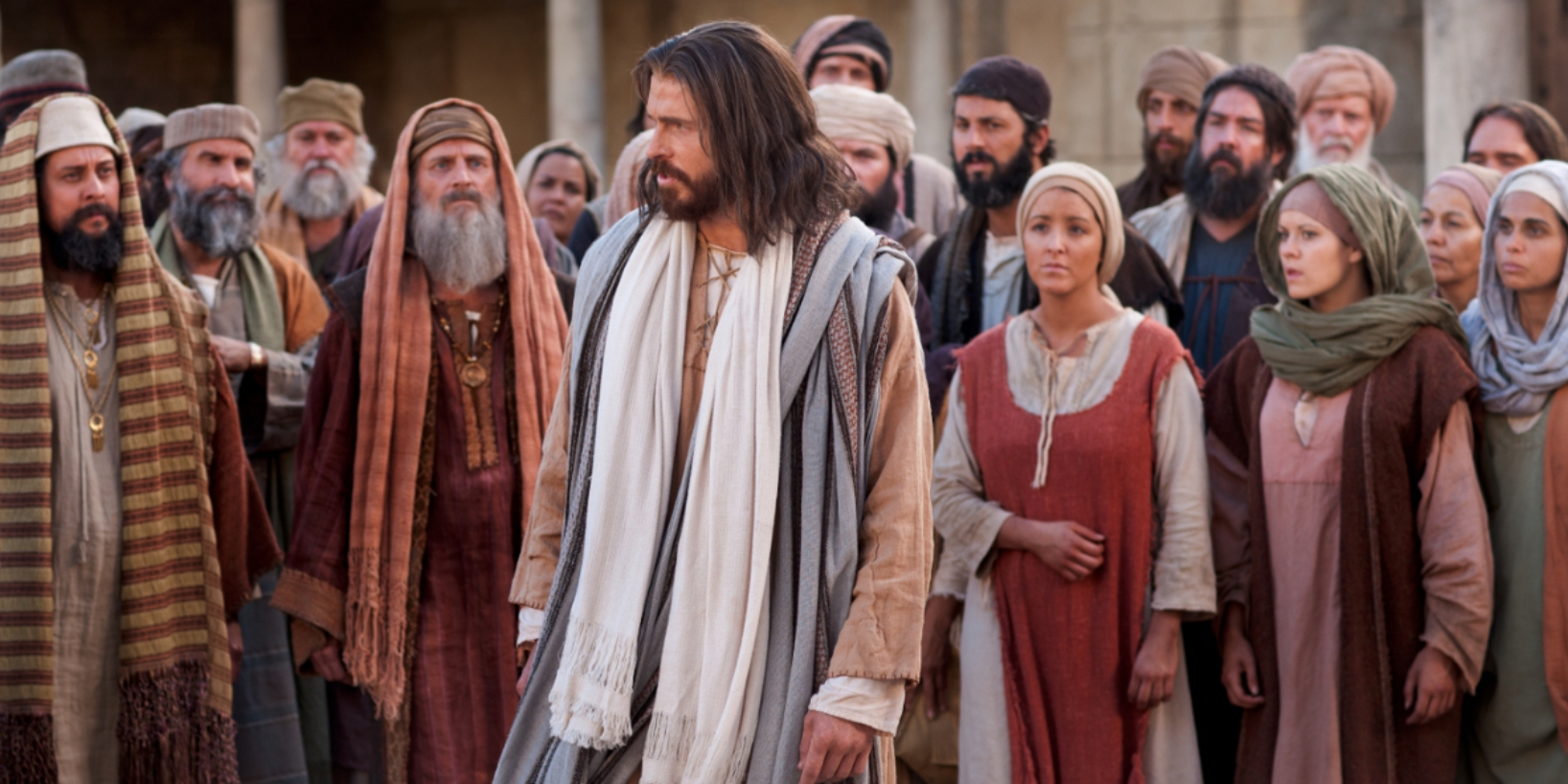
Mark 7:9-13
⁹He was also saying to them, “You are experts at setting aside the commandment of God in order to keep your tradition.
¹¹For Moses said, ‘Honor your father and your mother’; and, ‘He who speaks evil of father or mother, is to be put to death’; ¹¹but you say, ‘If a man says to his father or his mother, whatever I have that would help you is Corban (that is to say, given to God)’, ¹²you no longer permit him to do anything for his father or his mother; ¹³thus invalidating the word of God by your tradition which you have handed down; and you do many things such as that.”
We humans try to be smart even in our relationship with God. We think we can deceive Him. Jesus gives an example of this.
God has also regulated the relationship between parents and children in the Ten Commandments (Exodus 20:1-17). The commandment “Honor your father and your mother” comes immediately after the commandments that regulate the relationship with the LORD (Exodus 20:12; compare Ephesians 6:1-3).
The honor that children owe parents (Mark 7:10, See also Exodus 21:17), can mean that they care for them.
▪︎ First, the children depend on their parents.
▪︎ But later there may come a time, when the tables are turned, when the parents have to depend on their children.
Now it appears to have been possible at the time to designate money or goods, with which poor parents had to be supported, as an offering. If the word “korban” was pronounced on those contributions, they were from that moment the property of the temple.
(Korban means literally “treasury”, it was to say that the materials or money were a gift offered (or to be offered) to God, to be put in the sacred treasury at the temple).
The parents could then no longer touch it (Mark 7:11,12). In this way it was also possible to withdraw money or goods from creditors. Furthermore, not much is known about this custom.
What was the blame for the children who in this way evaded their duty to their parents?
Was their mistake in prioritizing temple service over caring for their parents?
There is indeed a danger that we are so religious that we neglect our responsibility for, for example, our family. Our role in the church or branch can become an excuse for what we leave behind at home.
But the worst part was that in theory money and property could then be allocated to the temple, while in practice it simply remained property. The whole maneuver was, in fact, a lie. It was all a fraud, for the sole purpose of self-interest.
Love for itself supplanted love for the Lord God and neighbor. It is terrible when such a thing is made possible by a so-called religious rule. God’s Word is made powerless in this way. (Mark 7:9,13).
Just have a look at these 14 marks of Phariseeism as found in Mark 7:1-13 (cp. Matthew 23)
- Many hand washings (vs. 2-5)
- Fault finding (vs. 2)
- Holding to traditions of men in preference to God’s Word (vs. 3)
- Ceremonial washing of body (vs. 4)
- Ceremonial washings of cups, pots, vessels, and couches (vs. 4, 8)
- Demanding all men to follow their own outward religion (vs. 5)
- Insisting on outward cleansing, though void of the inward (vs. 5, 14-20)
- Honoring God with lip service, not with the heart (vs. 6)
- Carrying on vain worship (vs. 7)
- Rejecting and casting aside God’s laws and teaching man’s (v 8-9)
- Substituting man’s religion for that of God (vs. 9)
- Rejecting and setting aside Moses while claiming to follow him (vs. 10-13)
- Using religion to free anyone from parental responsibility (vs. 11-12)
- Using religion as a means of personal gain (vs. 11-12)
Be careful not to follow in such things.
Prayer suggestion
▪︎ Ask the Lord or He will give you, that your love for Him and your neighbor may be the motive for everything you think, speak and do.
× 0 ×
Twitter: @SchoemakerHarry
Website: https://devotionals.harryschoemaker.nl


